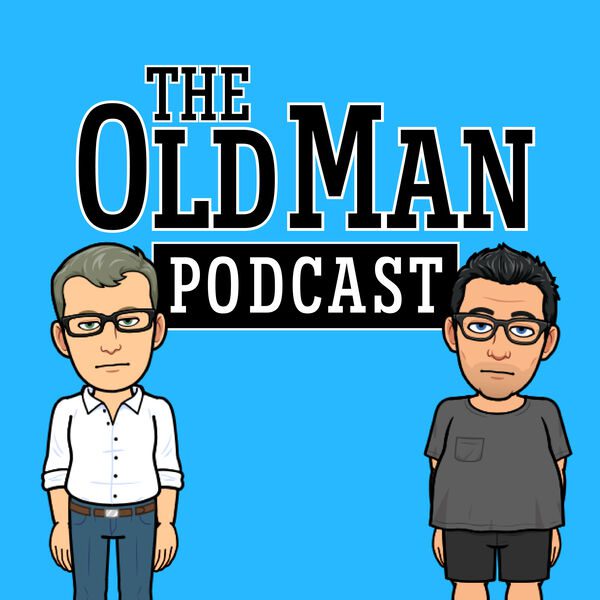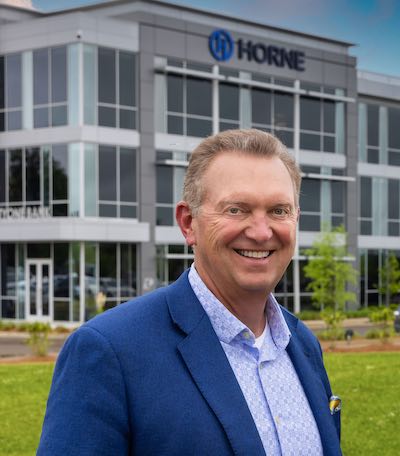Mental Health Challenges of Ageism
Ageism doesn’t only affect Mental Health but can also have broader consequences on a senior’s overall well-being. It can lead to decreased physical activity, isolation from social connections, and a general feeling of being undervalued. Just because they might take a little longer to get up from the couch doesn’t mean they should be pushed to the sidelines. They deserve to be front and center, enjoying life to the fullest.
For many Easter and March is about the holidays and families, except there are many who don’t have friends or family. Ageism doesn’t just build walls, it can create entire fortresses of social isolation and loneliness. When society perpetuates the belief that older adults are less capable or interesting, it hampers their ability to connect with others and maintain meaningful Relationships. It’s like throwing an Easter Bunny-themed party but telling the Bunny he can’t sit at the cool kids’ table because he’s too old. How rude!
Ageism in the workplace is all too real. Seniors often face discrimination when it comes to Employment opportunities, with employers assuming they lack the skills or adaptability to keep up with younger colleagues. This can lead to financial insecurity and a deeper reliance on social support systems. But let’s be honest, they’ve got more experience in their little finger than most Millennials have in their whole body.
Ageism throws up roadblocks at every turn, making it harder for older adults to access essential services and opportunities. From limited healthcare options to restricted social programs, ageism can limit the quality of life for seniors. It’s like trying to go on a road trip but realizing that all the roads have barricades that say, “Sorry, you’re too old for this adventure.” Well, who needs those roads anyway? Seniors will forge their own paths.
So, let’s kick ageism to the curb and recognize the value and worth of our older adults. They still have plenty to offer, and it’s about time we show them the respect they deserve. After all, we’ll all be rocking those high-waisted jeans and reminiscing about the good old days sooner than we think.
Ageism does more than just hurt feelings; it can have a profound impact on the health and well-being of seniors. When older adults are subjected to stereotypes or discrimination based on their age, it can negatively affect their physical and mental health. Studies have shown that ageism can contribute to increased Stress levels, higher rates of chronic diseases, and even a shorter lifespan. So, the next time you’re tempted to make an ageist joke, remember that it might not be so harmless after all.
Ageism also seeps into healthcare systems and treatment plans. There is a tendency among some healthcare professionals to overlook or dismiss the concerns of older patients, assuming that their symptoms are just a “natural part of Aging.” This can lead to underdiagnosis, delayed treatment, and ultimately poorer health outcomes for seniors. It’s essential for healthcare providers to recognize the unique needs and concerns of older adults and treat them with the same level of care and attention as younger patients.
In addition to receiving subpar treatment, older adults may also face challenges when it comes to making healthcare decisions. Ageist attitudes can undermine the autonomy and agency of older individuals, causing their preferences and wishes to be disregarded. This can result in a loss of control over one’s own healthcare decisions, leading to feelings of frustration and helplessness. It’s important to involve seniors in healthcare discussions and respect their choices, ensuring that they have a say in their own well-being.
Originally Published on https://boomersnotsenior.blogspot.com/























